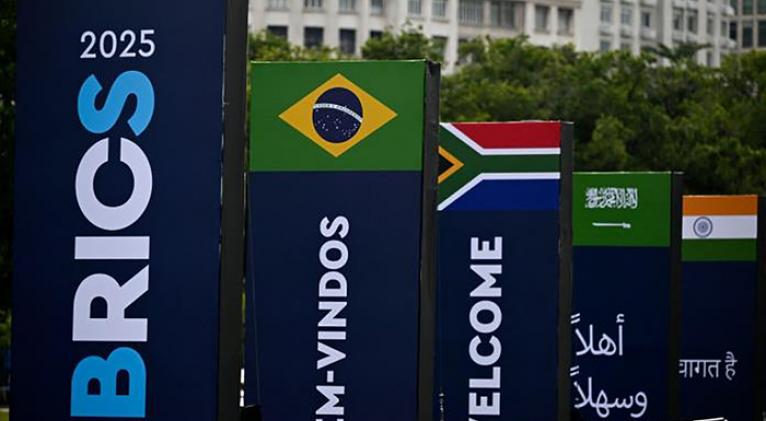The Decline of American Hegemony
especiales

When Lenin stated that imperialism was the highest stage of capitalism, he fully understood that this transformation had come to stay.
In the second half of the 20th century, American hegemony was indisputable, economically, politically, technologically, and in terms of media influence. If there was a balance during the Cold War, it was solely military. Since the Soviet Union also had access to the atomic bomb, the two superpowers could annihilate each other. This factor remains valid to this day, which explains why the possibility of a new world war does not exist.
When the USSR collapsed, the United States harbored the illusion of returning to the situation of 19th century England, as the sole superpower. But it had to coexist, once again, with a bipolar world, following the rise of the BRICS.
One of the most striking features of the 21st century, on the contrary, is the decline or decadence of American hegemony in the world. Its economy, while still the largest in the world, no longer enjoys the dominance it once had, given the exponential growth of the Chinese economy. Militarily, the United States undoubtedly maintains its global dominance. Technologically, China has taken the lead, surpassing the United States.
The United States not only maintains its military superiority, but also remains the largest imperialist power in human history. But, in its second century as such, what characteristics specifically distinguish it?
The imperialism of the 21st century remains the imperialism of exploitation and domination over other countries. It remains the imperialism of wars and military aggression. But it is also the imperialism of the hegemony of speculative capital. The imperialism of the decline of American hegemony in the world.
It is the imperialism that is not based on the most technologically developed economy in the world, because that place is occupied by China. It is the imperialism that must face the BRICS, the alliance, so feared by them, between Russia, China, Brazil and a growing list of countries, including the oil-producing nations of the Middle East.
It is an imperialism that clashes with a world in which its historical allies, Europe and Japan, are also experiencing decline. A world in which its own power to manipulate the major global media clashes with truths that contradict its worldview.
In short, the imperialism of the 21st century no longer depends on American hegemony in the world, but must coexist with its period of decline, one of the defining characteristics of the first half of the 21st century. This is already the century of the decline of American hegemony in the world. It could also be the last century of imperialism.














Add new comment